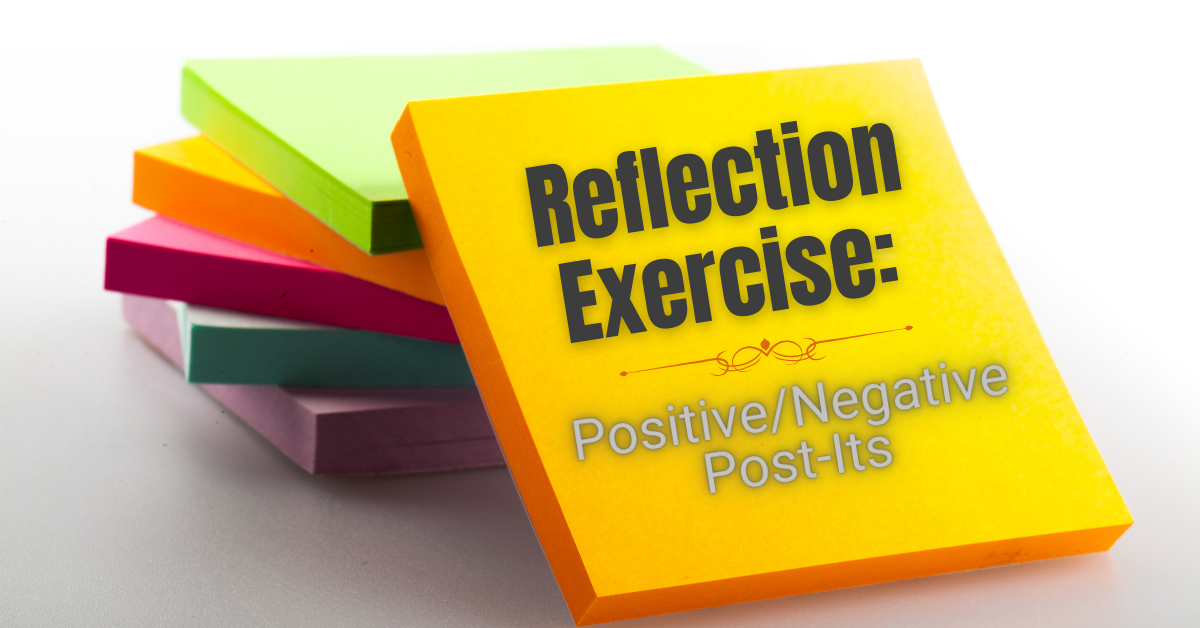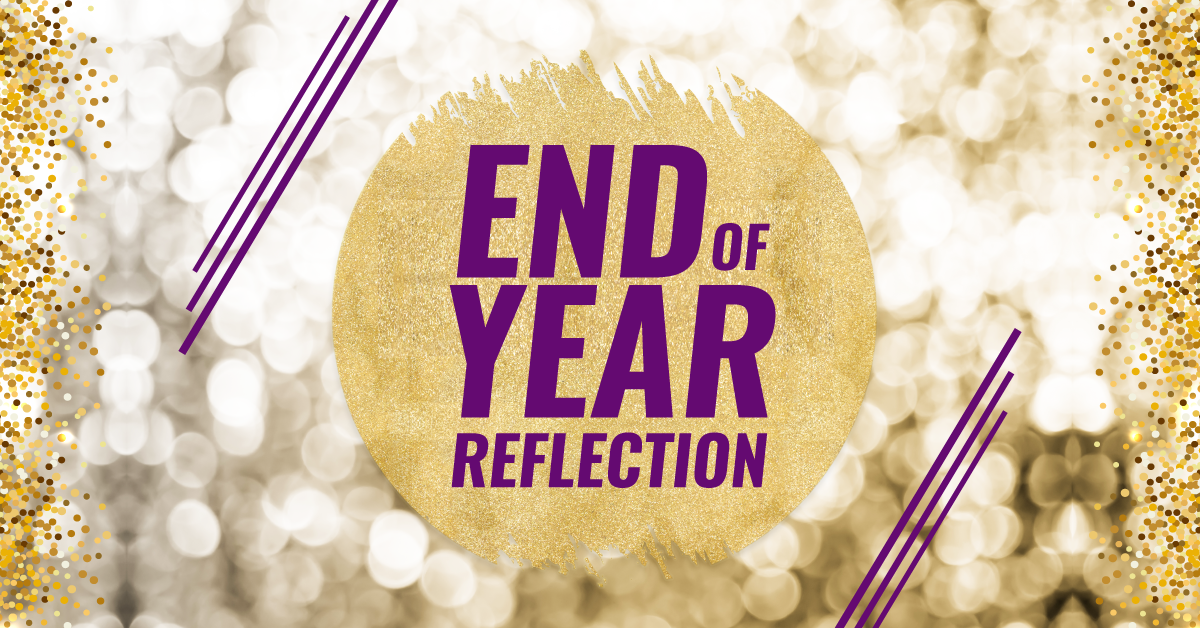The Dread Pirate Sadie: All the pirates, sword fights, and unforgettable characters - now in a competition-length version!
How to Deal With Students Who Can’t Handle Feedback
Social media often portrays students as fragile, sensitive snowflakes who can’t handle receiving feedback, especially if it’s negative. However, students need to learn to accept feedback if they want to improve and develop their skills, as well as gain resilience and confidence.
Here are three tips for dealing with students who have trouble receiving feedback, and three action steps to help students practice receiving feedback.
1. Feedback is not the same as criticism.
This is difficult for many students to grasp. Yes, feedback is aimed at students individually to help them improve, but it is not meant to be a personal attack. Feedback is not inherently negative; in fact, it can include praise and compliments as well as advice, suggestions, and observations. There is a difference between feedback (which can be positive or negative, but is meant to help students improve) and criticism (which is generally negative). “Constructive criticism” is a phrase that is used frequently in schools but isn’t particularly useful, because too many students focus on the “criticism” aspect. Receiving feedback does not mean that the student is a bad actor/writer/student/person – it means the teacher sees potential for improvement and cares enough to help them grow.
ACTION: As a class, brainstorm examples of feedback that students have received in the past that they thought were criticisms or that they took personally. Write down how the student took the feedback personally. Then examine each piece of feedback and rewrite it to demonstrate how students can frame the comment in a way that helps them improve rather than as a personal attack. For example: “I couldn’t understand what you were saying during your monologue” doesn’t mean “I’m a terrible actor who nobody can understand.” A student can turn that into “Next time I will slow down and enunciate more clearly.”
2. Feedback is necessary for improvement.
Without feedback, students won’t know how they are progressing or what they can do to improve in the future. Emphasize to students that they are going to receive feedback for the rest of their lives, particularly when they enter the workforce. Discuss with students that every job in existence (performing arts-related or otherwise) comes with feedback in various forms, such as auditioning for roles, applying for positions and/or promotions, receiving client testimonials, and getting performance reviews. Accepting feedback gracefully and being able to apply it and move forward are necessary parts of students’ growth and development.
ACTION: Have students improvise job interviews where one student plays a hiring manager and one student plays the interviewee. Allow the students to give feedback about both their own and their partner’s performances. Have other students observe and give feedback about how both students approached their roles, and then have students switch roles and try again.
3. Ask students how they think they did.
Most students are aware of their efforts and when asked, will give a fairly honest assessment of their work. I’ve had a lot of success during rehearsals by asking my students how they thought a run-through of a sequence went: “If you had to rate that performance out of ten, what would you rate it?” “Was that run-through ready for an audience?” “What do you think the group needs to do to make this sequence better?” They are usually right on point for what needs to be fixed or adjusted, and sometimes even harder on themselves than I would have been. They’re giving themselves feedback without even realizing it! In a classroom setting, this can be applied to how an exercise or game went, and could be done together as a class or individually as an exit slip or reflection.
ACTION: Help your students develop their self-awareness. After completing a game/exercise/rehearsal, ask them how they think they did. Ask students to rate the class’ performance of the task out of ten. Why did they choose that rating? How could they improve next time? Compare their feedback with your own. How is it similar or different?



